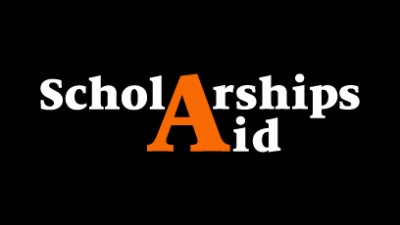
Muzafer Shala
Assistant Professor
Muzafer Shala
Assistant Professor
Bio
Personal Biography*
Profile:
Prof. Ass. Dr. Muzafer Shala, a highly experienced professional in the fields of computer science and electronic engineering, with a strong background in teaching, industry, and management in academic institutions. A proven track record in educational leadership and governmental roles, showcasing versatility and expertise in both methodological and managerial capacities.
Professional Experience:
1. RIT Kosovo (A.U.K.) College (09/2023 – Present): Adjunct Lecturer specializing in networking and telecommunications
2. University of Mitrovica "Isa Boletini" (11/2016 – Present): Professor Assistant of Computer Science Subjects; various managing roles including Vice Dean for Quality Assurance and International Cooperation.
3. Ministry of Innovation and Entrepreneurship, Government of Kosovo (07/2019 – 02/2020): Minister.
4. Universum College, Prishtina (02/2017 – 06/2022): Lecturer of Computer Science Subjects.
5. University for Business and Technology - UBT (11/2011 – 10/2016): Lecturer of Mechatronics and Computer Science Subjects; various managing roles including Dean of Faculty of Mechatronics Management, Acting dean of Faculty of Computer Science and Engineering and Acting dean of Faculty of Energy E?ciency Engineering
Founder
1. British Gymnasium of Technology – Secondary High School, Pristina (11/2022): Spearheaded the establishment of a innovative high school dedicated to integrating technology into secondary education, nurturing future professionals and innovators. The school adopts Pearson BTEC Curriculums, ensuring a globally recognized and industry-aligned educational framework.
2. Code Invention L.L.C, Pristina (07/2023): Established a progressive company dedicated to crafting digital solutions, driving technological progress and digital innovation. This venture synergizes 23 years of experience in education and industry with the 25 years industrial expertise of a German business partner, a successful entrepreneur, blending international insights and practices to foster exceptional digital advancements.
Education:
- PhD in Electronic Engineering, University of Kent at Canterbury (2006 – 2010). Specialized in optical communication systems, contributing significantly to the field through research.
- BSc in Computer Science, University of Prishtina (1999 – 2005). Laid the foundational expertise for a career at the forefront of technological innovation.
Key Skills:
- Extensive knowledge in telecommunication and programming languages and development platforms including Matlab/Simulink, C#, C++ and others.
- Proficient in various applications and operating systems.
- Strong time management skills demonstrated by successfully managing multiple teaching, industrial and managerial duties.
Interests:
- Engaged in activities like swimming, nature runs, and charity events. Keen interest in current affairs and travel.
*This resume is tailored using AI tools










